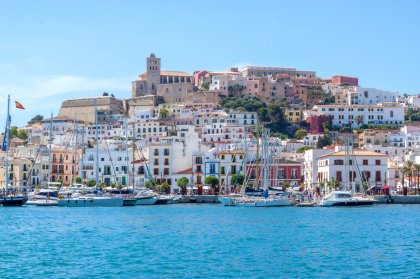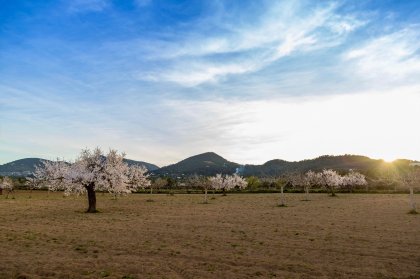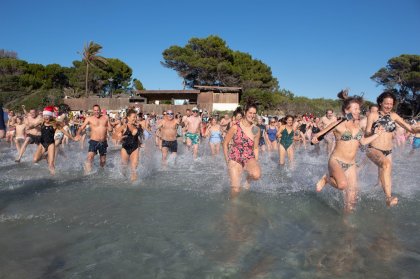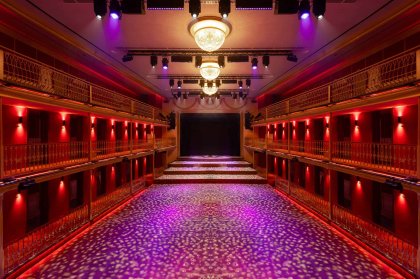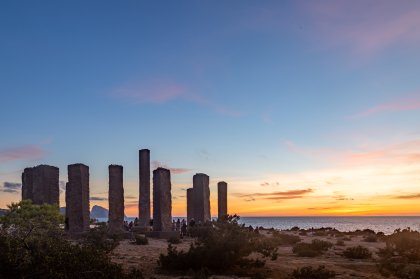Ibiza has been a UNESCO World Heritage City since 1999 and belongs to a group with the 14 other cities in Spain which also have this honour. Ibiza is slightly different from the likes of Cordoba, Avila, Segovia and Toledo which gained their status for the cultural impact they made, as Ibiza has not only the cultural aspect of Dalt Vila and its renaissance walls, archaeological sites at Sa Caleta and Puig des Molins but also 'biodiversity' because of the vast undersea prairies of Posidonia sea grass.
This 15 city group was formed in 1993 in order to exchange ideas on the care and maintenance of their historic centres, undertake common projects and to promote themselves all over the world. This involves showcasing not only those aspects for which the cities were given world heritage status but the other attractions they also have.
For example just this week, 15 top chefs from the cities were in Madrid demonstrating the typical local cuisine by producing some great dishes accompanied by a talk on how different spain's regional cuisine is. More conventionally, the group takes to the road to show off its products with seminars and presentations and just a week ago were in Japan.
Over 500 travel agents and tour operators from the land of the rising sun and South Korea were treated to a mass of information about all the very different attractions of each city. The three day stint was organised by the Spanish tourist authority, Turespaña, and also included many of Spain's other cultural tourist areas like Seville, Andalucia and the Basque Country.
The decision to target Japanese tourists was made because the majority of their visitors to Europe go for the cultural/historical aspects of the area. The other important reason involves 'deseasonalisation,' which basically means having tourists all throughout the year, not just in summer and cultural tourism is seen as one solution to this problem.
It would be an enormous help to Ibiza's economy and reputation to have more people visiting during the winter time when the climate is ideal for touring, visiting the sites and outdoor pursuits like cycling, hiking and riding. Now all we need to do is learn a few simple words to make our Japanese visitors feel at home; konichiwa for example.
